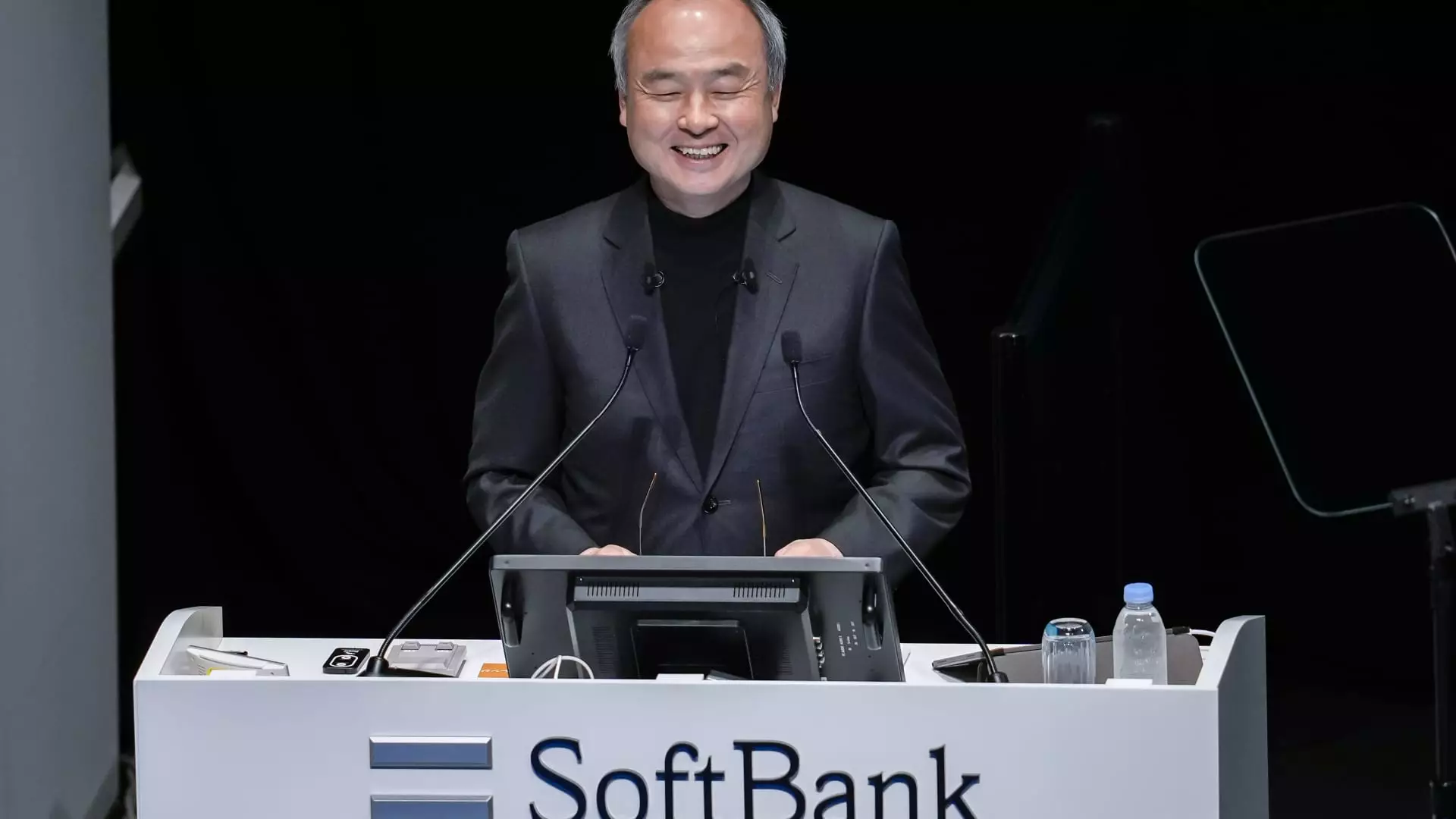SoftBank’s CEO, Masayoshi Son, recently reaffirmed his company’s unshakeable commitment to OpenAI, signaling an aggressive escalation in investments and partnerships aimed at fostering the emergence of artificial superintelligence (ASI). Unlike many corporate leaders who often hedge their bets, Son is “all in” on OpenAI’s potential, with SoftBank poised to pour approximately $33.2 billion into the AI startup. This sizable investment is particularly striking given OpenAI’s current status: unlisted, unprofitable, and operating in a nascent, high-risk market sector. Son’s conviction is not merely financial; it is deeply philosophical, predicated on a transformative vision of AI that exceeds present capabilities by orders of magnitude.
Historical Context: Missed Opportunities and Lessons Learned
Son’s commitment to OpenAI did not emerge overnight. He recounted an earlier opportunity before 2019 when Sam Altman, OpenAI’s CEO, approached SoftBank for a $10 billion investment. Despite Son’s readiness and financial capacity facilitated by the Vision Fund’s prior successes, OpenAI eventually aligned with Microsoft. Microsoft’s exclusive cloud partnership provided essential infrastructure and technical prowess, which at the time seemed the logical choice for OpenAI’s growth trajectory. However, recent shifts indicate turbulence in this relationship, with Microsoft reportedly hesitant to endorse OpenAI’s structural transition into a full-fledged for-profit entity. This discord underscores a critical lesson in technology investing: alignment between vision and operational strategy is paramount. Son subtly critiqued Microsoft’s decision, suggesting OpenAI might have benefited more from a closer partnership with SoftBank, despite its relatively smaller size at the time.
A Strategic Vision Beyond Profitability
Son’s fascination with OpenAI is intimately tied to his broader, almost audacious, ambition to position SoftBank at the epicenter of the anticipated artificial superintelligence era. ASI, as Son envisions it, entails AI systems that possess cognitive abilities ten thousand times greater than those of the human brain—a prospect that, if realized, will revolutionize every facet of technology and society. SoftBank’s strategy involves not just funding AI development but establishing itself as a dominant platform provider—essentially becoming the industry’s conductor in orchestrating the transition to an AI-driven future. This vision is razor-focused and reflects an understanding that raw investment capital alone does not guarantee influence; platform leadership and ecosystem orchestration are the frameworks within which value and control will be created.
Partnerships as Pillars of Future Dominance
Central to SoftBank’s AI ambitions is its collaboration with OpenAI and its 2016 acquisition of Arm, the UK-based semiconductor design firm. Arm’s technology is critical in underpinning the hardware necessary to power the complex computations central to AI workloads, a reminder that AI’s progress depends on harmonized advances in both software and hardware sectors. Additionally, SoftBank’s $6.5 billion purchase of Ampere, a US chip designer, this year signals a strategic move to consolidate hardware capabilities domestically, particularly as geopolitical considerations with China and other regions increasingly challenge global supply chains. By integrating chip design with AI development and cloud infrastructure, SoftBank is weaving a tightly knit ecosystem to support its long-term vision.
Calculated Risks and Industry Impact
Notwithstanding SoftBank’s immense financial exposure to OpenAI and the speculative nature of the artificial superintelligence hypothesis, Son’s willingness to take risks exemplifies a rare breed of leadership in the tech investment landscape. The fact that SoftBank previously indicated it might scale down its investment if OpenAI does not formalize its profit-driven restructuring, but now signals an intent to deepen engagement regardless, demonstrates Son’s prioritization of strategic alignment over immediate financial prudence. From this lens, SoftBank’s gambit is as much about industry influence and shaping the AI narrative as it is about short-term returns. The potential establishment of a $1 trillion industrial hub in the US, as rumored, would further underscore SoftBank’s commitment to physical infrastructure that complements this digital revolution.
An Era-Defining Vision or Overreach?
While Son’s ambition to spearhead the ASI era is inspiring, it also borders on visionary overreach. Betting so heavily on a single, privately-held and evolving company entails enormous risks — technologically, commercially, and reputationally. The AI field is fiercely competitive with multiple actors pushing rapidly evolving innovations. Moreover, the societal, ethical, and regulatory challenges posed by superintelligent AI remain vast and poorly understood. Son’s vision presupposes a relatively smooth progression toward ASI, which is optimistic at best. Yet, in the unpredictable realm of technological breakthroughs, it is often the bold, decisive bets that reshape industries and history. SoftBank’s bold stance raises important questions about the nature of leadership, risk appetite, and the future of global AI dominance. In a world where incremental progress often governs investment, Son’s dissenting conviction embodies the essence of visionary entrepreneurship—an audacity to imagine and invest in transformative futures against formidable odds.

